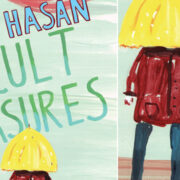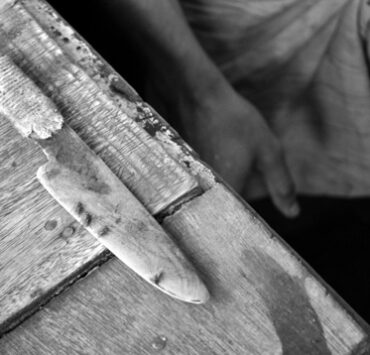Screeching to a halt, I hopped out of my school bus merrily onto a footpath laced with shadows. “Aai Maaaa,” my caretaker, Shanoo Didi, screamed. Wearing a frown, I dropped my backpack on the footpath and marched snootily in the direction of my respite.
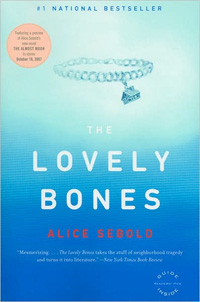
The Lovely Bones.
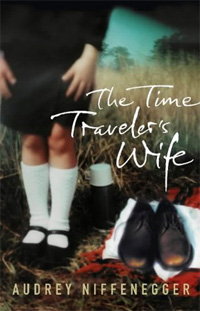
The Time Traveler’s Wife.
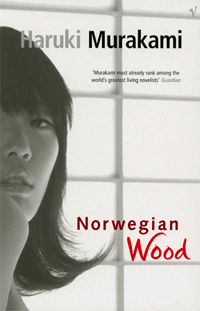
Norwegian Wood.
As she picked up my bag and beat it up incessantly to rub off the dust, I looked onto her, laughed and egged her to move faster. I would be jumping, hopping, twirling around electricity poles, picking up stones, crushing leaves and giggling. She would try to catch me and in response, I would run wild on the road. Approaching our housing complex, I would give her my left hand to hold onto so that my waiting parents thought I was little or no trouble.
Once in the complex, I could never tell if my door was open behind the parked cars which obstructed my view. “Didi, mummy hain?” I would probe her to make use of her height. “Haan,” she would often reply and I would let go off my hand and dash towards my abode. Petrified, my mother would come out reducing the chances of me skinning my knees, elbows. “Mummmmy,” I’d joyously yell out. And then I’d always find my father looming in the background in his dark Ray-Ban sunglasses looking at me and muttering, “Darling, how was school?” Darling. I was so enamoured by that word. Almost hypnotised, I would walk up to my father, tilt my face up to be able to look at him and stutter, “Don’t go to office, please! What will I do all alone with Shanoo Didi?” Being alone with plaguing boredom always played the lead in my litany.
“Read a book,” he exclaimed.
Books and television sets, I was told, taught you to be alone and happily so. Sifting through the Hardy Boys, Nancy Drews, and Enid Blytons never tamed my erratic attention span. Authored by Sudeep Chakraborty, Tin Fish sat in my palms for a week and had me scouting for spare time. An unfolding story of four boys in their adolescent years and their encounters with love, loss, and grief had arrested my long evasive attention. Graduating to books like The Lovely Bones, The Kite Runner, Atonement, The Time Traveler’s Wife, and Norwegian Wood had me confess my ineffable love for stories of grief, solitude, bereavement, and suffering. The likes of Judith McNaught and Julia Quinn repelled me and only reinstated my liking for books of longing. Immersed knee-deep in Norwegian Wood, I remember gulping down all my meals because I couldn’t bear being separated from my beloved book!
Books that speak of grief offer you an insight, place you in situations incompatible with comfort, have you brood over situations, and test your limits. A happy book only elicits an ‘I wish’. A depressing book lingers on just a little longer, makes you live those characters with a little more life. A book that tells a story of loss may, in fact, make you appreciate life a wee bit more. Does grief not appear more universal than happiness?
Like Woody Allen puts it, “I feel that life is divided into the horrible and the miserable. That’s the two categories. The horrible are like, I don’t know, terminal cases, you know, and blind people, crippled. I don’t know how they get through life. It’s amazing to me. And the miserable is everyone else. So you should be thankful that you’re miserable, because that’s very lucky, to be miserable.”
Miserable, I am. Miserable, I like.





